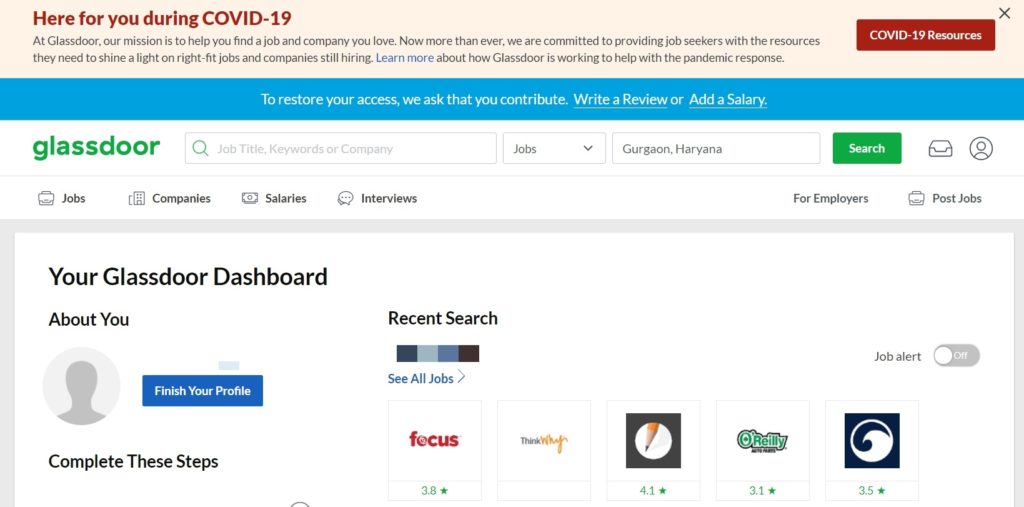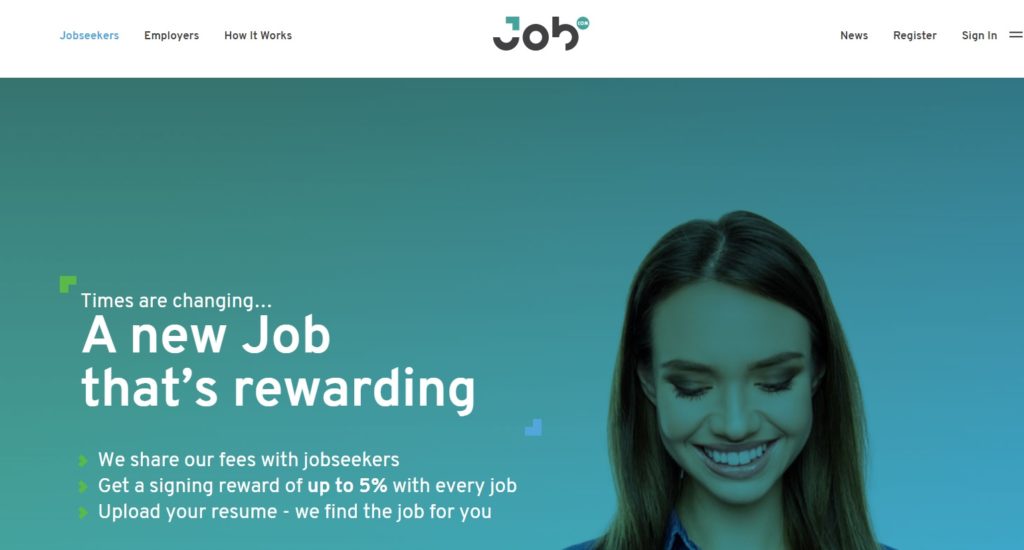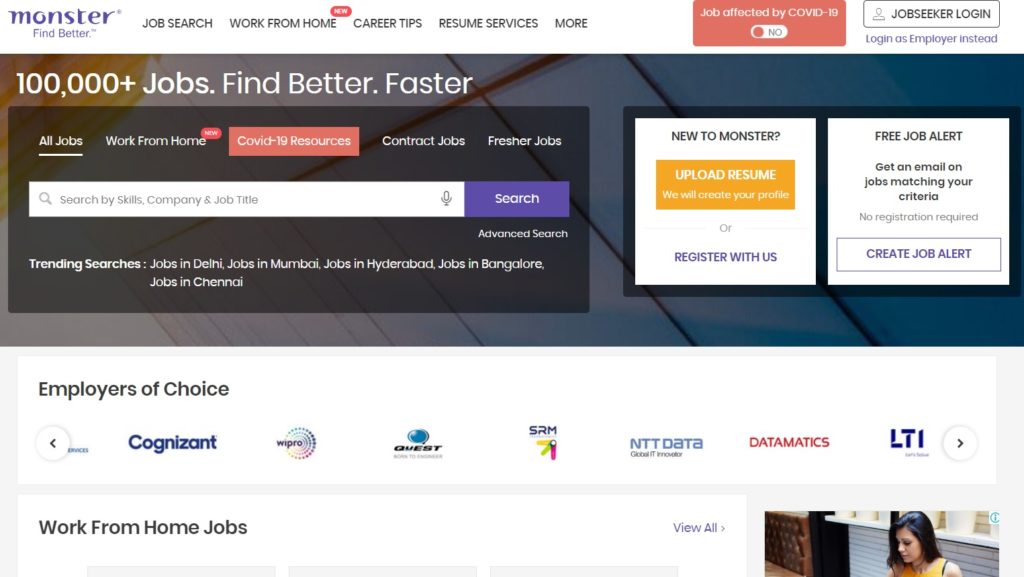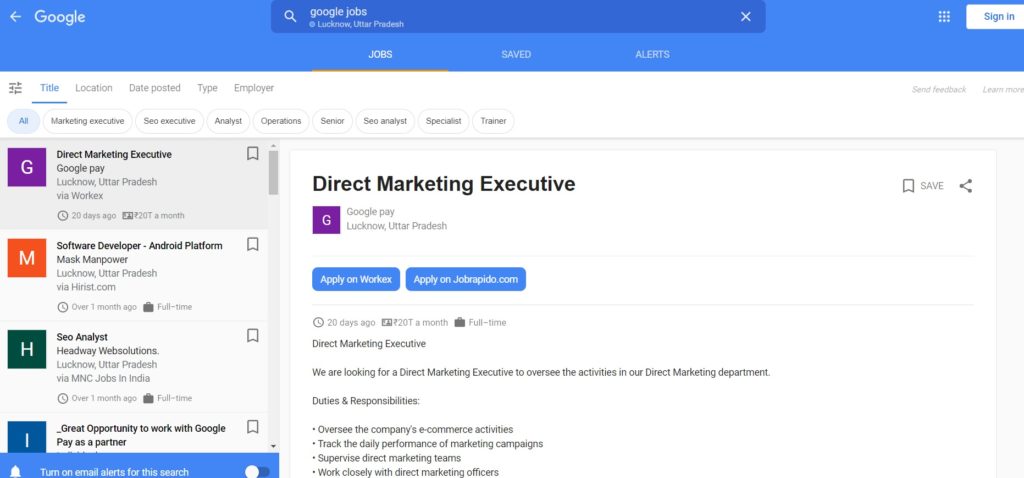You are ready to find a new remote job. Your resume and online portfolio have been updated, and your questionable social media accounts have been cleaned up or deleted. With some luck and research, you find your dream remote job. But as you read the description carefully, you discover it does not support full-time telework arrangements. You are disappointed but quickly apply to the next few jobs that will allow you to work from home. Unfortunately, not many don’t feel like they are “the right fit” for you. Still more, there are things recruiters want you to know before applying, yet you’re still unsure of the next steps to take.
After applying, you send endless messages to different recruiters inquiring about the status of your applications. You upload your resume and answer the questions in your application. By now, you were certain you would hear something back.
But wait, there’s some good news. One of the jobs you randomly applied to offered you an interview. You hastily connect via video-chat, but when it was over…days become weeks of silence. You slowly realize that a potential employer has essentially ghosted you.
What could have possibly gone wrong?
The job search process is not easy. Whether it’s a remote or a traditional job search, finding a new position isn’t for the faint of heart. With the global pandemic freezing hiring processes and promoting online work, the remote job search process seems to be changing. For jobseekers curious to discover what they should be focusing on during their remote job search, here are seven of the biggest things that recruiters want you to know when searching for your next remote-friendly job.
1. Get Comfortable With The Video Interview
Among all the essential tools available to remote jobseekers these days, the webcam is probably the most important. Many remote employers and recruiters use it in lieu of an in-person interview. Consequently, it’s the remote jobseeker’s one shot to impress the hiring manager and one of the many things recruiters want you to know to succeed. The video interview is not new to remote jobseekers. But with social distancing as part of the new normal, jobseekers must come to the video interview prepared.According to Lukas Vanterpool, Director at The Sterling Choice:
“It can be difficult to navigate a video interview if it’s not something you are used to doing as part of the interview process. If you are comfortable and confident in front of the webcam, this will shine throughout the interview.”Nothing stresses out job candidates more than the idea of that all-important interview going wrong. Thankfully, you can take several steps to make sure you are comfortable and fully prepared. First, do a test run with a friend. Consider recording the session to review your performance, mannerisms, and tone. Ensure that the technology or application is compatible with your computer hardware. Finally, make sure you know how to control the audio and lighting.
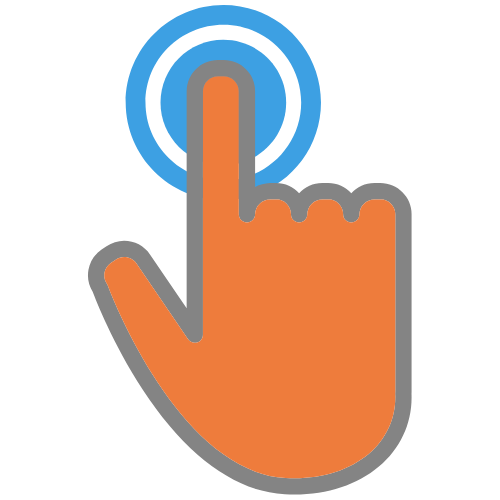
2. Understand the Difference Between Remote and Remote-For-Now
Although the COVID-19 pandemic is creating problems for the global workforce, many companies are still hiring. Remote jobseekers will notice that more and more businesses are open to telecommuting. Companies that had been out of reach before because they didn’t offer telecommuting as an option are now viable options for remote professionals. But wait—just because a job lead has the word remote in it or says it is open to telecommuting, doesn’t necessarily mean that it will always be this way.According to Nick Derham, Director of Specialist IT Recruitment for Adria Solutions:
“Job seekers need to keep in mind that although most companies are still offering near full remote working, this will change in time and it will be necessary to go to the office…it will be frustrating for the employer when lockdown ends if the new hire suddenly says I can’t commute on a daily basis.”Pay attention to the exact wording companies are using in the job description. Some employers have geographic restrictions for their jobs because of meetings with clients. They may also require occasional on-site visits once the pandemic is over. Make sure that you look out for words and phrases such as COVID-19, pandemic, lockdown, coronavirus, stay-at-home orders, etc. that hint at a limited remote employment period.

6. Learn to Network Online
Networking is an essential component of career development. Working professionals with wider professional circles simply have more opportunities to grow career-wise and obtain job transitions referrals. With in-person events canceled or moved entirely online due to COVID-19, remote workers who relished the camaraderie that develops with face-to-face conversations may need some time to get used to virtual-only events.Although remote workers spend most of their time in front of a computer screen, this does not make it easier for telecommuters to transition to online networking. The differences between the two methods are stark. To this effect, some work-from-home professionals may be tempted to wait for things to normalize before they start networking again. Unfortunately, this is not a strong plan.

- Spend a few minutes trying to expand your network every day. Be diverse with your connections. Don’t just stick to people in the same industry.
- Use professional networking tools like LinkedIn to connect and send personalized, professional messages.
- Join professional communities or groups on Facebook and become an active participant. Strive to provide value such as recommendations for products or services.
- Nurture your professional relationships. Nothing good comes from having 3,000 online connections or friends who don’t know anything about you or your respective industry.

